Here are suggestions about the best way best to receive your web site found in search engines legally, without spending much time.
What's Search Engine Optimization (Search Engine Optimization)?
Search engine optimisation (search engine optimization) is the process site owners use to help search engines locate, index, and rank their own webpages, ideally above competitors' sites. When there are many search engines it is possible to rank on, such as Bing and Yahoo, the vast majority of online search (80 percent) is performed through Google. Because of this, most SEO tricks you will encounter are aimed toward getting detected and rated by Google.Further, the activities done to boost search engine rank are geared toward natural or organic outcomes. It's likely to cover the chance to appear higher in search engine results through pay-per-click (PPC) marketing campaigns, like google AdWords, but this does not require SEO strategies as outlined in this tutorial.
Rather, this guide is centered on natural search results using a aim of getting your site put at the top 10 search results for your targeted keywords. There Are Lots of benefits to organic position over compensated choices such as:
Consumers favor organic search results over compensated advertisements.
Organic standing is totally free.
The Science of SEO
Occasionally getting rated on Google feels just like rocket science, particularly because how Google decides to record your website is based on calculations which often change. This necessitates you keeping up on current rules and tendencies. By way of instance, at 2015 Google determined it'd provide preferential position to sites which were mobile-friendly since many men and women these days are using cellular devices. Even more recently, Google added a note from the Chrome browser to signify whether a website was protected using SSL or not (FireFox has this feature too) and contains it within it's ranking formula. These changes driven site owners that wish to keep well-ranked on Google to upgrade their websites to be responsive and also include SSL certificates (that is quite important for websites that accept cash).With that said, SEO does not need to be overpowering. Knowing the fundamentals of how Google and other search engines work might make it effortless to assist Google assist you.
What Search Engines Look for When Ranking Your Own Website
Through time, SEO is becoming increasingly more engaged as search engines developed more facets to the way that it rated sites. By way of instance, at the early 2000's, only using the webpage's name as part of this URL improved the probability of becoming rated (rather than www.yoursite.com/page1 the website needed www.yoursite.com/titleofpage).
As the Web grew, bringing order and dependable results became harder. There are lots of web site owners using blackhat approaches to match the system. The issue with this is it supposed search engines were not delivering the content webmasters were searching for. Google specifically has been battling this which is fantastic for internet searchers, but more problematic for site owners.
Nowadays, by knowing what Google wants and does, can go a very long way to enhance your SEO. This is fundamental list of what Google looks at to position your own website.
Length of time on the internet. Newer websites have a more difficult time with SEO since there's so much rivalry and since Google favors websites that have a fantastic history over brand-new websites.
Key words. When search engines come to your website they scour the page content and meta tag info to find out exactly what it is about. If folks use these key words in their own engine, they understand to deliver your webpage for a outcome. That means it is important that you understand what words and phrases your marketplace utilizes on search engines. You can achieve it through keyword research. Include keywords in your website and page name, on your meta tags (keywords, description), and at the articles help search engines know what the webpage is all about. But it is important not to over use key words, or it may think you are attempting to cheat the machine. If a key word includes a lot, think about using variants of this word.
Outgoing hyperlinks. Search engines want to find links to other websites in addition to in your website (i.e. linking to additional articles on your site).
Incoming links. These are hyperlinks to your site from other websites. Social networking can be quite valuable in this, but in addition, having other excellent websites linking to your articles goes a very long way to enhancing your rank. Search engines will judge you by the business that you keep, so your aim is to get top quality incoming and outgoing links.
Responsive net layout. Because so many men and women use tablets or phones to go online, Google has contained mobile-friendly as among the facets it seems for when ranking a website.
Safety. Together with all the viruses and malware on the internet, Google has opted to include security among the variables in website rank. This covers two major issues: One is your SSL certification mentioned previously. Still another is insuring your site and servers are free and up-to-date of disease. You would be amazed by the number of bots are poking at sites searching for vulnerabilities. Google will pull you from search results when your site is compromised (even though you can request re-ranking as soon as you clean up your website).
10 DIY Tasks for SEO
Now you understand some of the things search engines consider when determining how to index and rank your website, here are 10 activities you do to enhance your search engine rank to improve traffic and profits.- Tip 1: Select the Ideal keywords
- Tip two: Select the Ideal domain name
- Tip 3: Use key words in file names and folders
- Tip 4: Use your keywords in your page names
- Tip 5: Use keyword text on your navigation
- Tip 6: Produce useful keyword material -- replicate frequently
- Tip 7: Create key a part of your META Description
- Tip 8: Safe high-quality incoming connections
- Tip 9: Use keyword text (maybe not "click") on your hyperlinks
- Tip 10: Produce a website map
While there are different techniques an ethical search engine optimization specialist will use to improve your positions, these 10 DIY SEO tips form the foundation for your own search engine optimization tutorial for you to the ideal path. Even eCommerce along with other websites which are controlled with a content management platform, which may create its own search engine optimization challenges, may benefit by following these tips. And, if your keywords are highly aggressive, you might never have the ability to rank at the top 10 search results, however you'll move up in the ranks and you ought to find visitors to your website on the upswing.
If You Hire a SEO Guru?
There is no wonder that an ethical, or "white hat" search engine optimisation company can perform wonders for your site traffic. But, search engine rank is not something that you reach forever. Search engines are constantly looking and rank sites, so you can be rated top 10 now, and on page 3 of outcomes tomorrow. As a home business owner on a budget, keeping the cost of an search engine optimization company might not be attainable, unless you are relying entirely on search engines for visitors (that you should not do). However, selecting an expert to get your website search engine, as you do the long-term maintenance, may be well worth it.
Patience and Persistence Are SEO Virtues
Bear in mind that SEO takes some time. You won't find developments by following the methods in this tutorial so don't hesitate if your visitors does not jump through the roof straight away. And, do not expect to use this research engine marketing tutorial hints once then forget about them. Make it a practice to maintain these search engine optimization tips in your mind when you update your site, undergo a redesign, or program a brand new website. Additionally, keyword recognition and competitiveness changes as time passes, so reevaluate your targeted key words occasionally to determine if they draw visitors.Eventually, assess your analytics to find out how people are finding your website, what pages they like best, and what keywords they are using, so that you can tailor your SEO to what functions.
Search engine optimisation is only 1 piece of a massive set of resources you can utilize to publicize your company on the internet. Produce a promotion strategy the includes an assortment of strategies to achieve your target industry. If you are on a budget, then you can find other free advertising choices combined with SEO you may do.
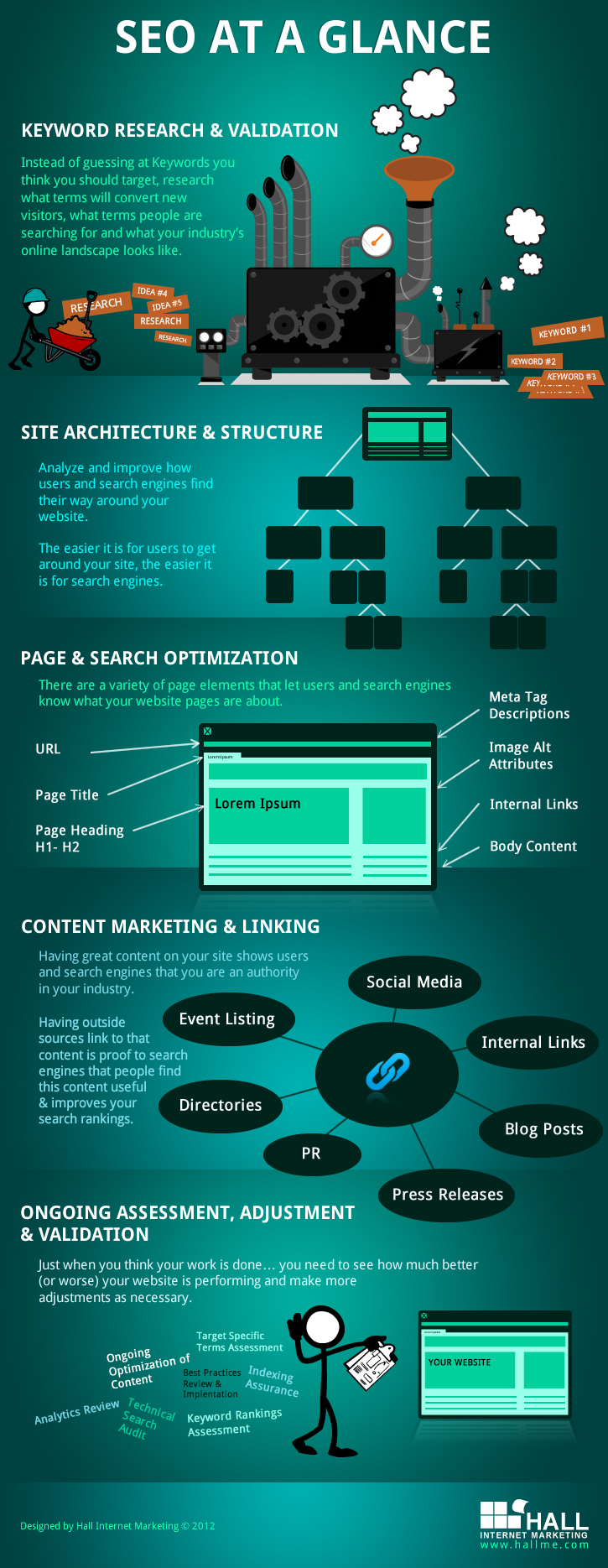


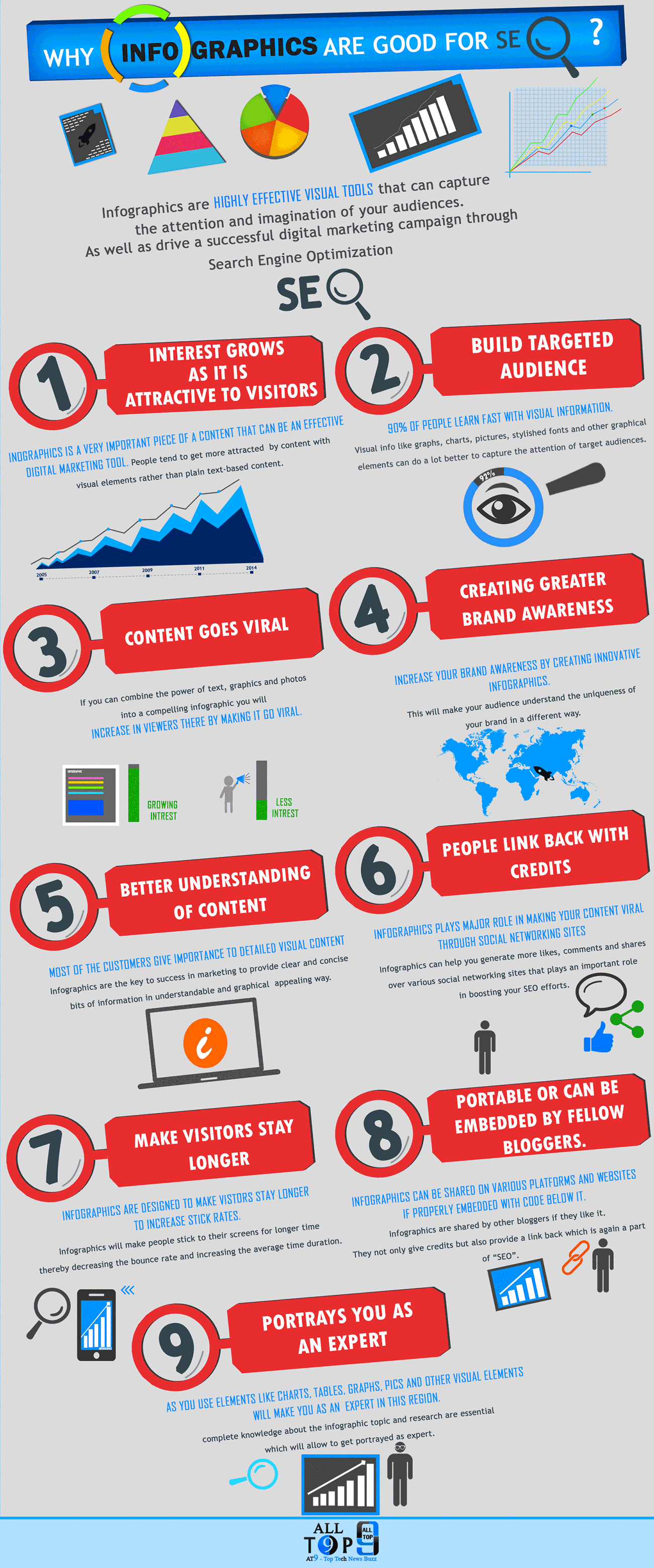




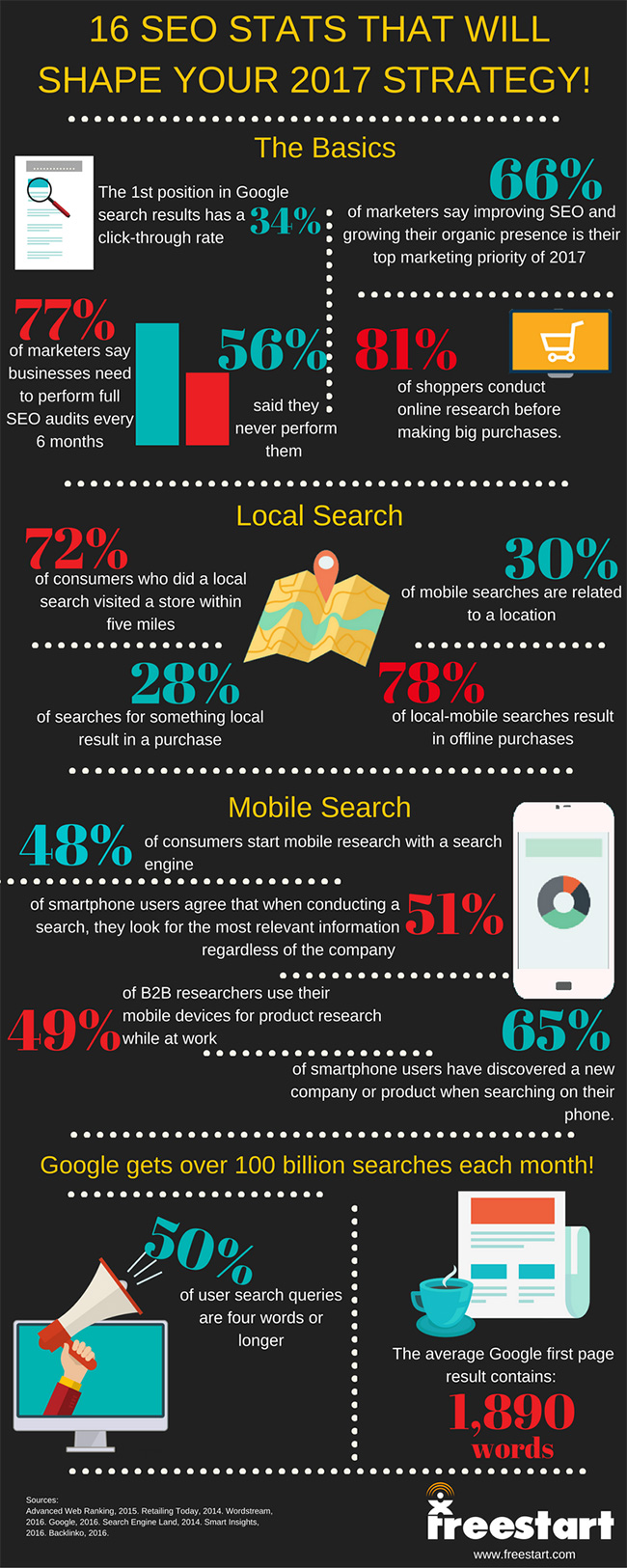

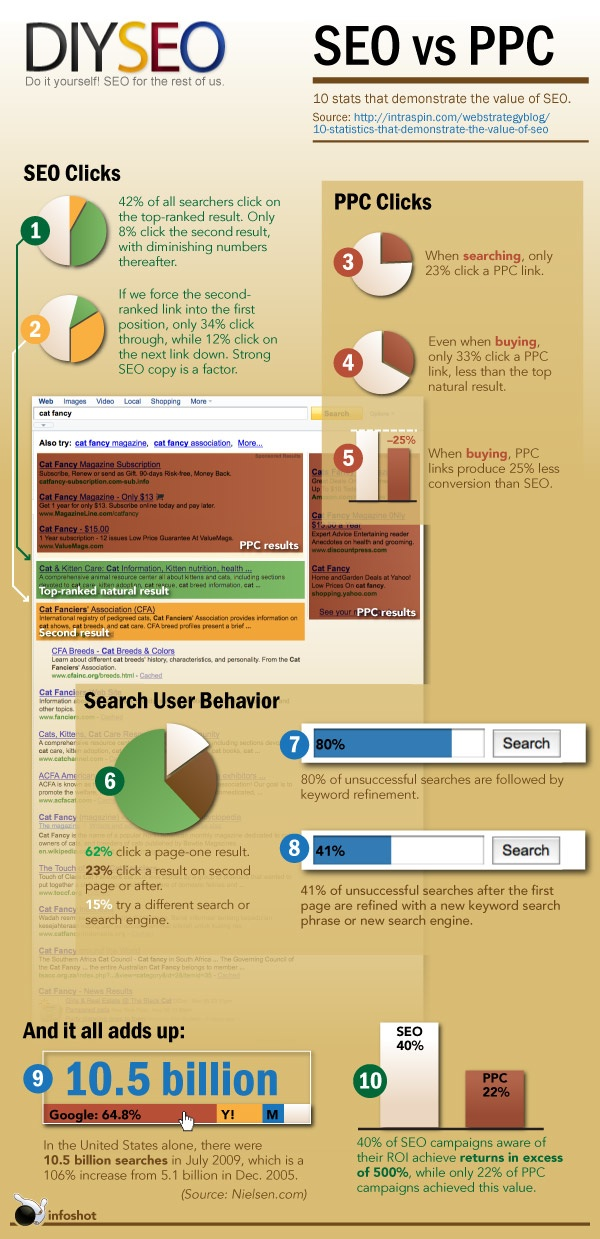
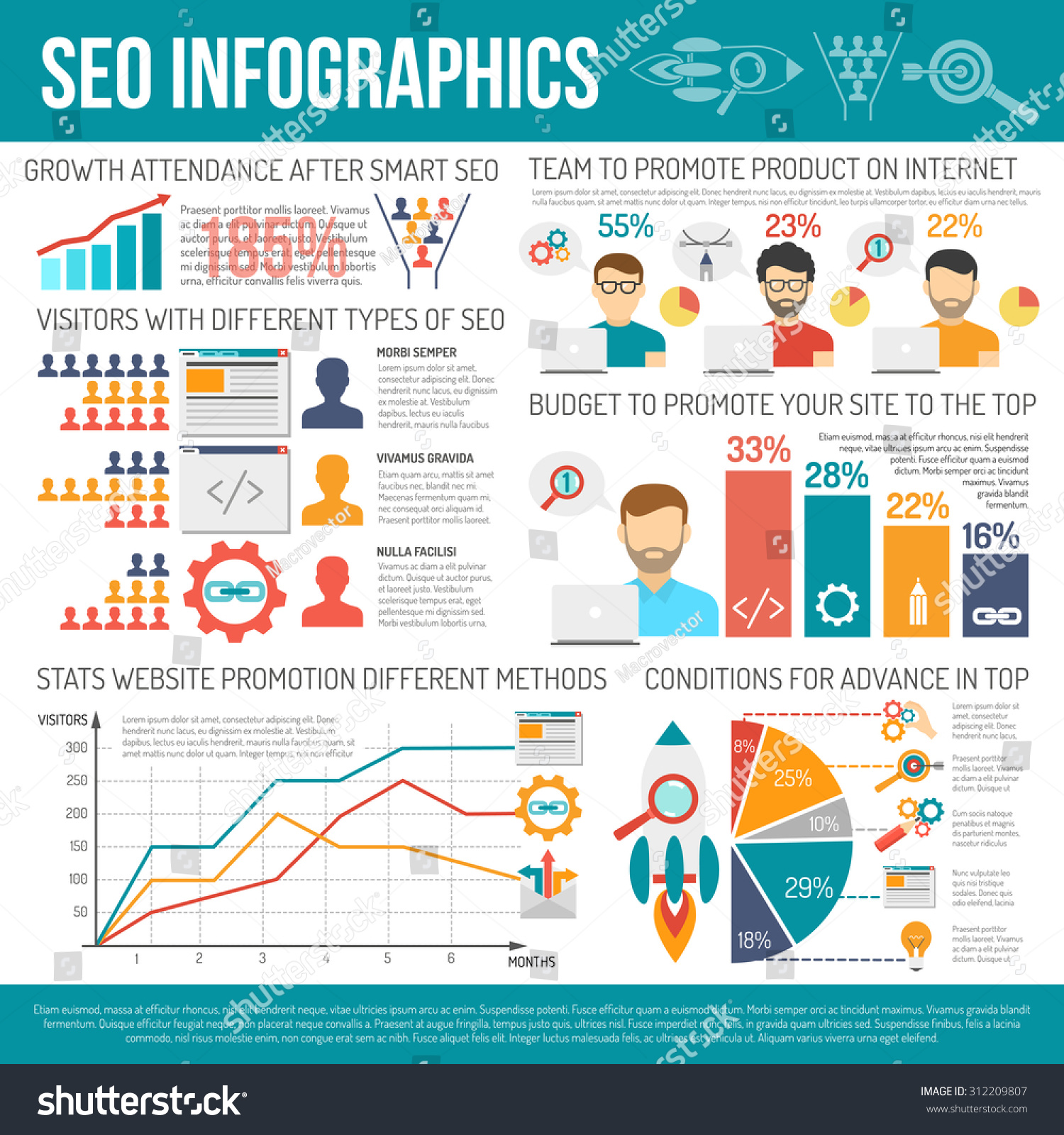


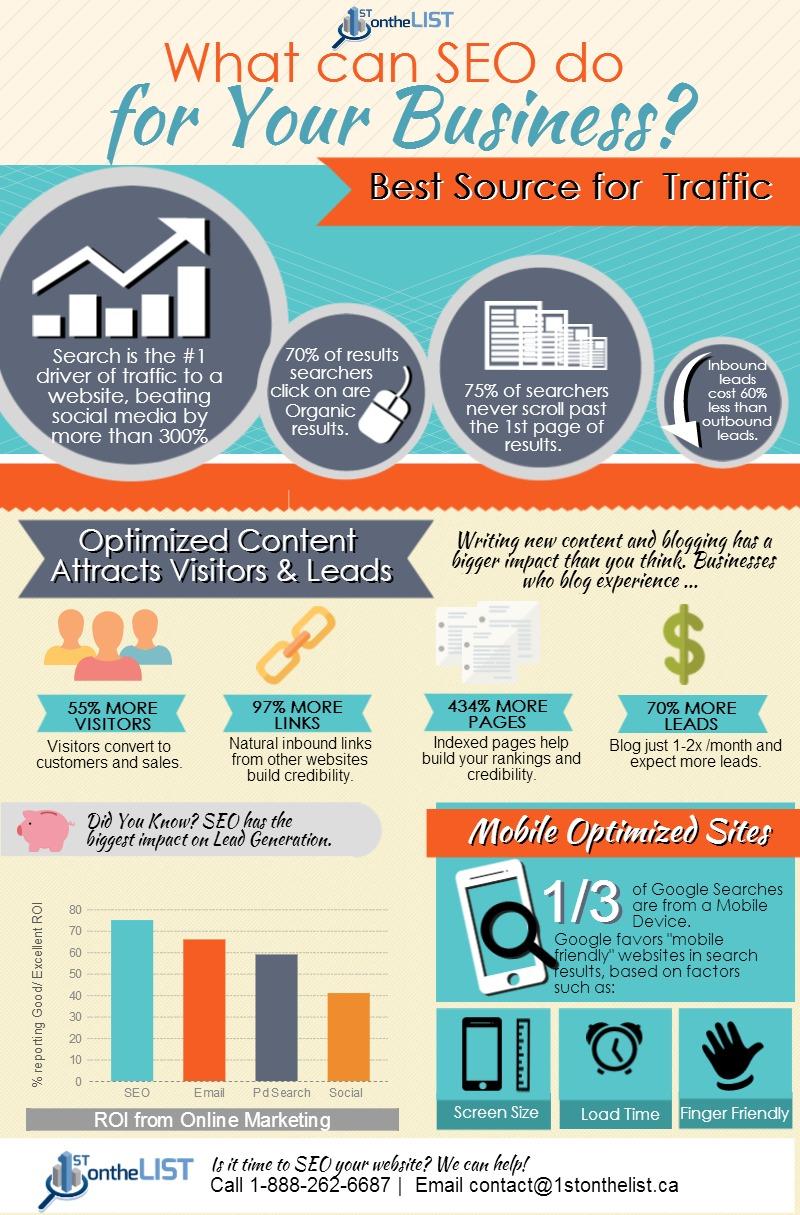






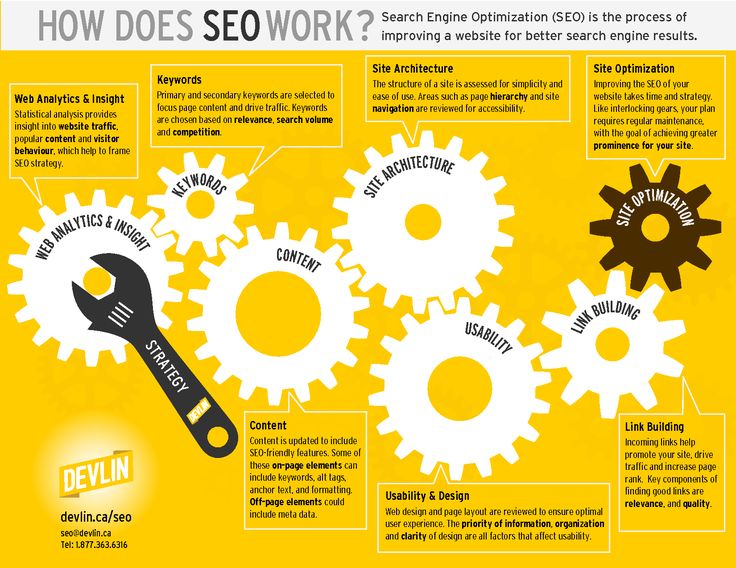

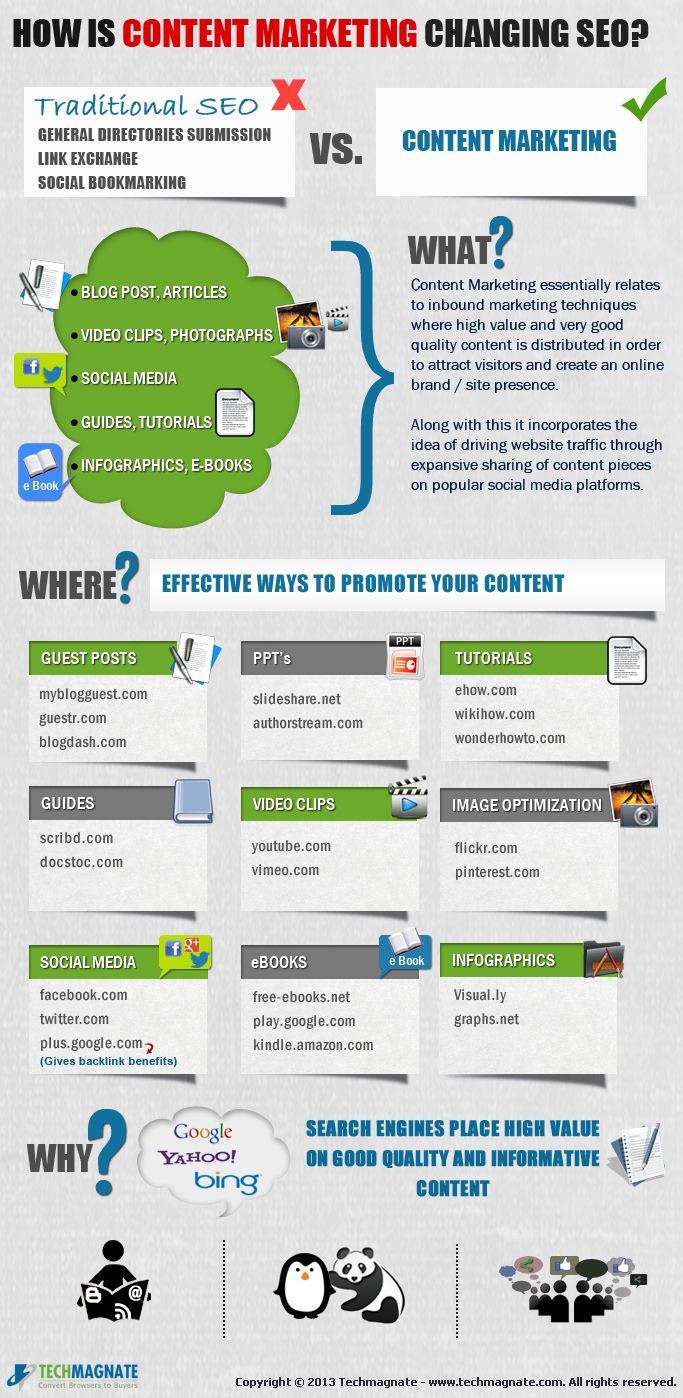
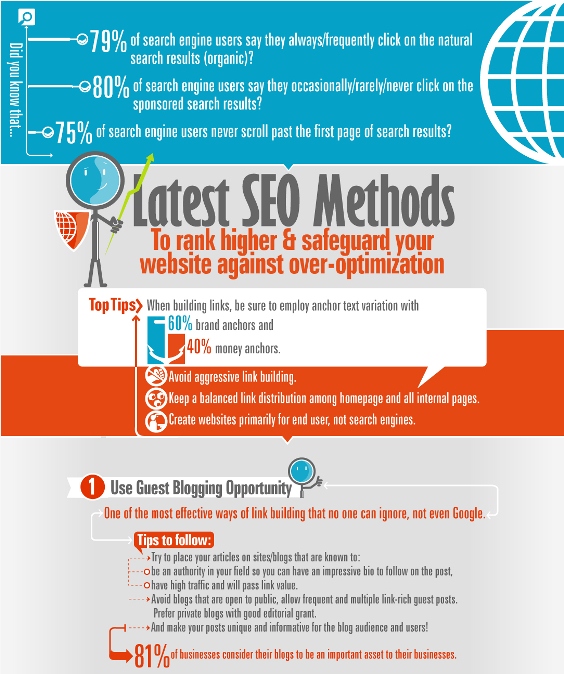


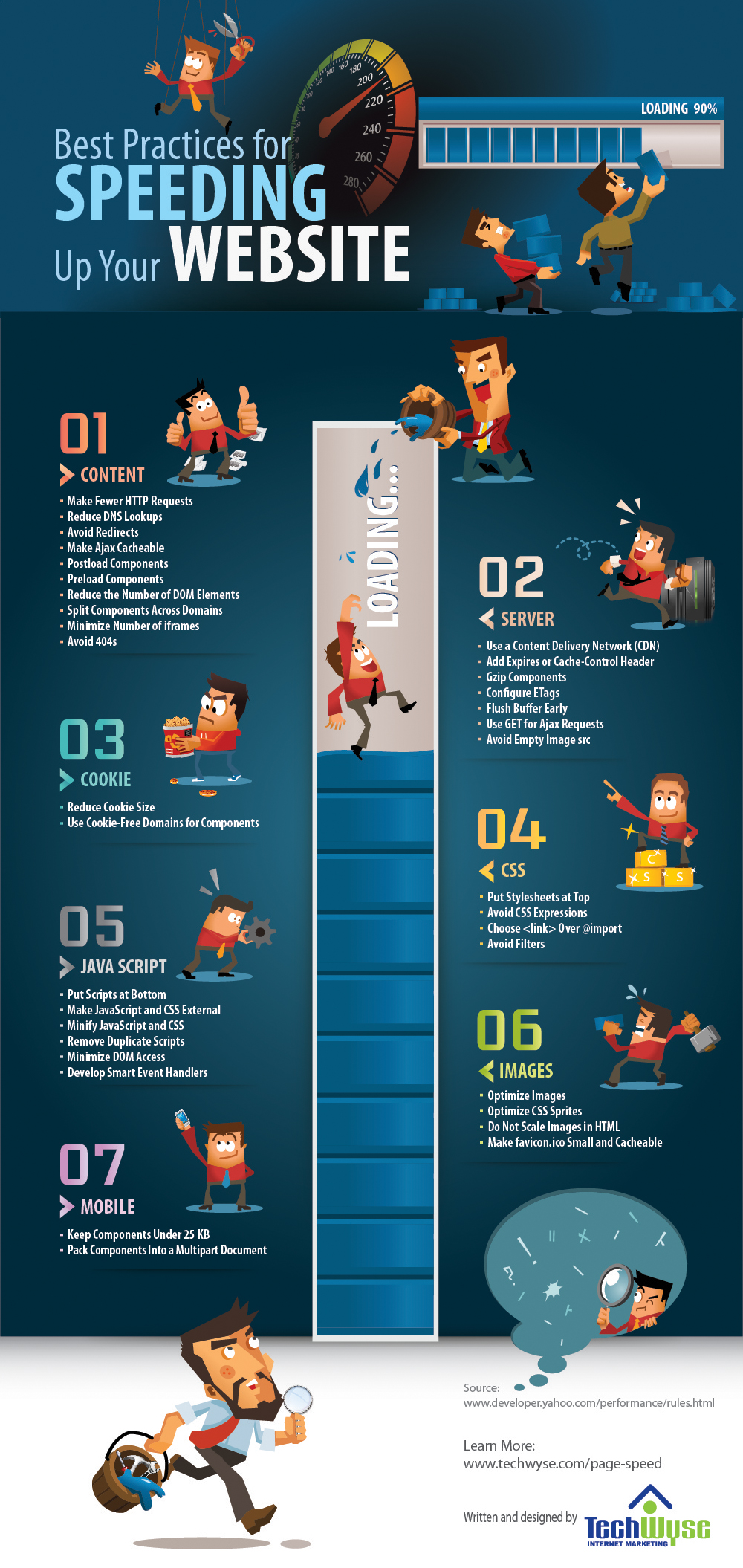





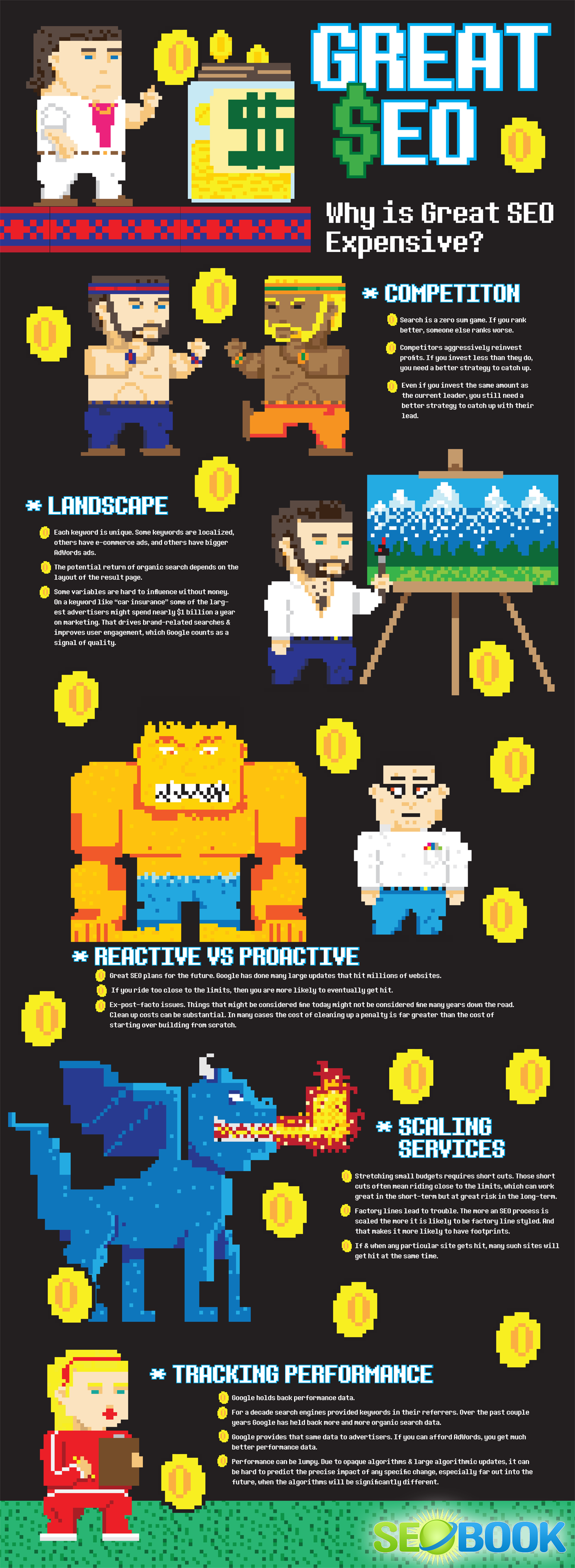




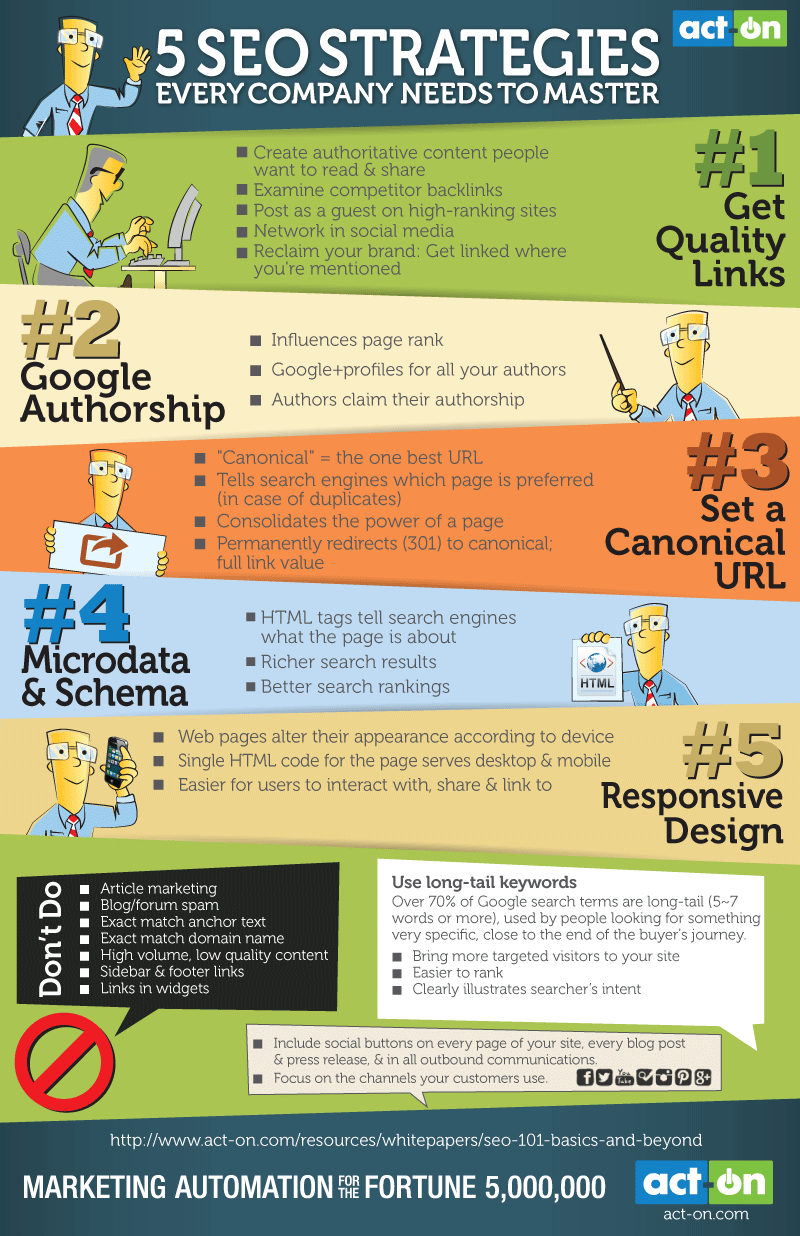


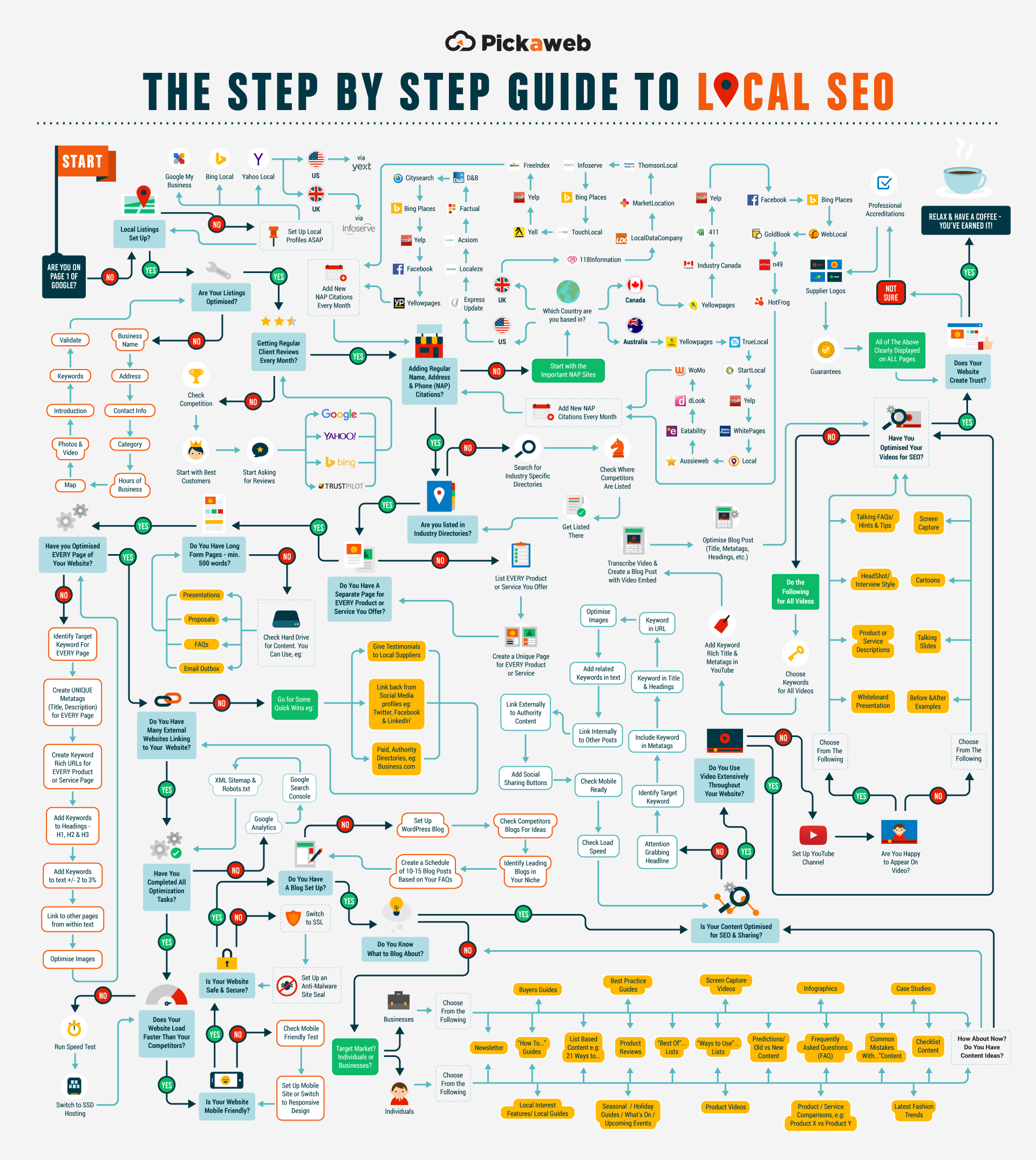
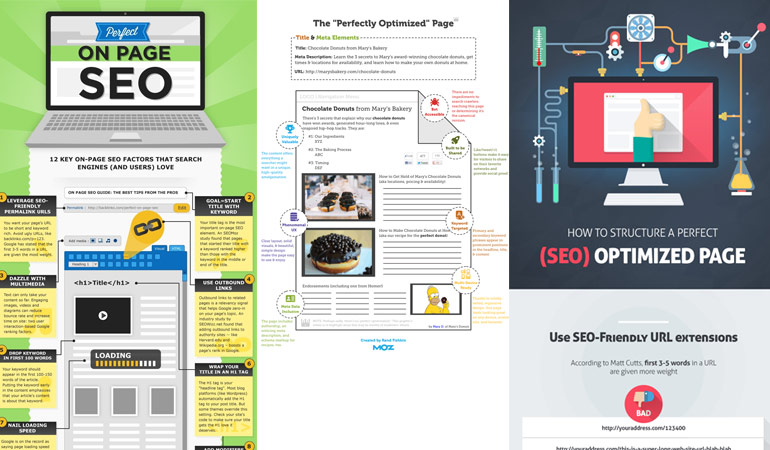
No comments:
Post a Comment